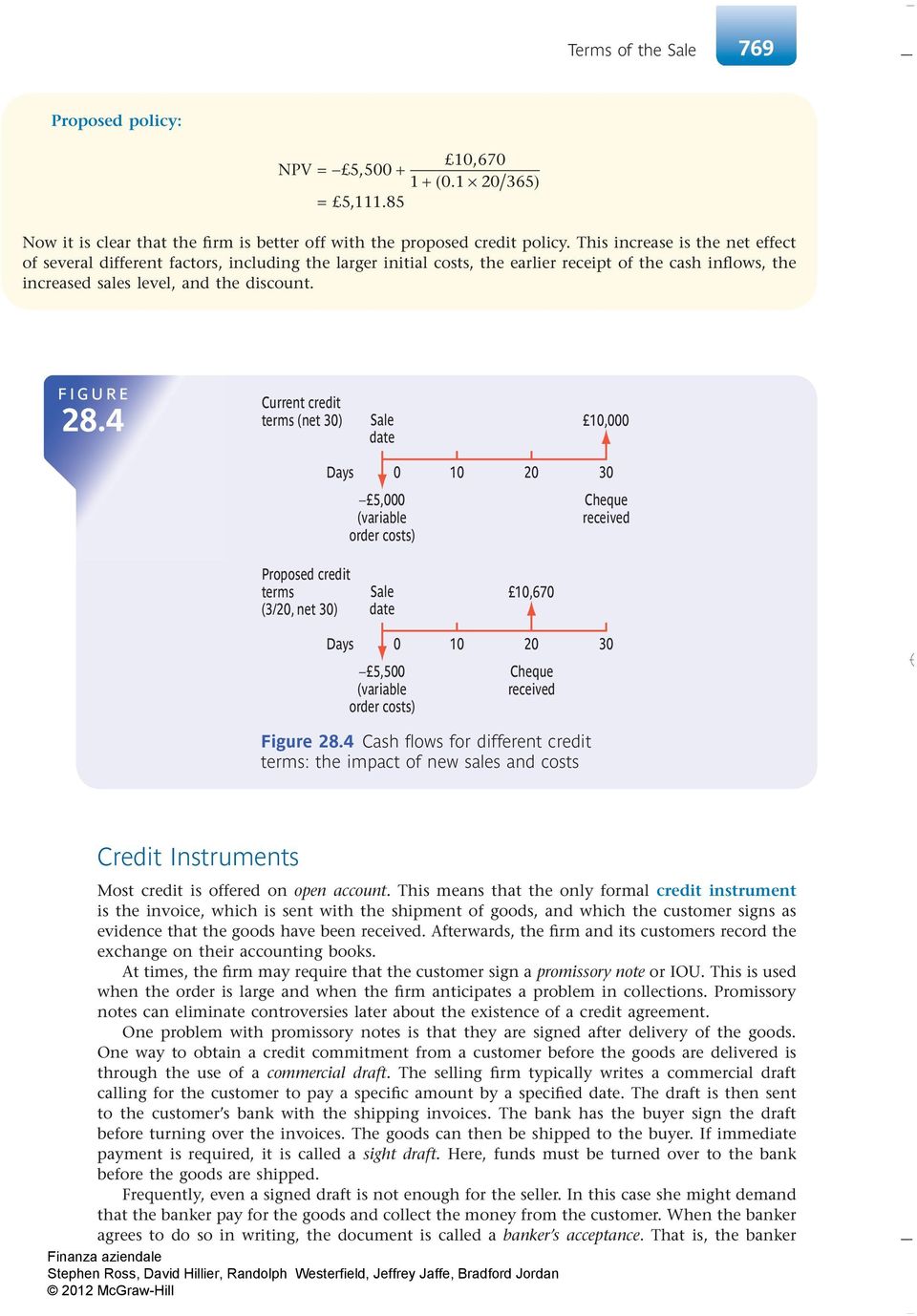Historical Cost versus Fair Value Accounting.
Historical Cost versus Fair Value Accounting. Different accounting principles and concepts have been an issue of extensive discussion over the recent years as investors started pressing for harmonization in financial reporting standards and increased comparability of annual reports.
Fair Value vs. Historical Cost Accounting Essay Sample. In order to make the most profitable and rational decisions entity’s stakeholders have to evaluate organisation’s financial statements.

Regarding only conceptual side of fair value and historical costing price Penman (2007, p.36) indicated that when using fair value accounting shareholder receives the most necessary data through balance sheet and determines equity’s value viewing the book value. In contrast, historical cost application shows the information through income.

Historical Cost Essay Sample. The historical cost accounting is an accounting technique that values an asset for balance sheet purposes at the price paid for the asset at the time of its acquisition. It is usually used in combination with other measurement bases. For example, inventories are usually carried at the lower of cost and net.

Depreciation is a non-cash expense it aims to create a fund to replace the asset when it becomes obsolete. In historical cost accounting the calculation of depreciation is based on historical cost not on the market value so the fund available at the end of the economic life may not be sufficient for the replacement. Thus it creates insufficient.

Fair value accounting is deemed superior when compared to historical cost accounting because it reflects the current situation in the market whereas the later is based on the past. In addition, in.

Fair value versus historical cost Accounting. Measurement is a central concept in accounting and financial reporting. Financial reporting is centered on reporting a firm's state of affairs and its performance over a period through the use of numbers.

Historical Cost vs. Fair Value Robert E. Healy’s Lasting Mark on Our Profession By Guest blogger, John D Rossi III, CPA Accounting standards in the United States have traditionally been based on historical cost. Not so well known, however, is that the use of historical cost accounting can be traced to the Securities and Exchange Commission (SEC), and that it has not always been advocated by.

Cost Accounting Methods Comparative Study of Historical Cost Accounting And Fair Value Costing Shirley Bongbong For Academia - Research Cost accounting is the method used by entrepreneurs to monitor cost in order to quantify and qualify decision making process in running their respective businesses. Variable cost normally details the expenses classifications like labor, raw materials.
Fair Value Accounting Vs Historical Cost Accounting i) Fair Value and Historical Cost Accounting. Historical cost accounting is an accounting method by which assets are valued based on the actual amount of money with which they are bought and as such no inflation adjustments applied.

To sum up, the cost provided in CCA model is more relevance and useful to the business as it is the most likely fair value in contrast with CPP model because CPP is adjust the historical cost value and it assume the historical cost was accurate. 4. 0 Conclusion In fact, conventional financial accounting which often referred to historical cost.

Tweet Difference Between Fair Value Versus Historical Cost Fair Value: Accounting Standard defined: Fair value as the amount for which an asset could be exchanged or a liability settled between knowledgeable, willing parties in an arm’s length transaction. It is meant to represent market value given a sufficiently robust and efficient market.

Two essays on fair value accounting: The impact of fair value accounting on maturity structure and credit risk. Xiaoyan May Bao, University of Nebraska - Lincoln. Abstract. Prior research has focused on the impact of fair value accounting on equity markets.



